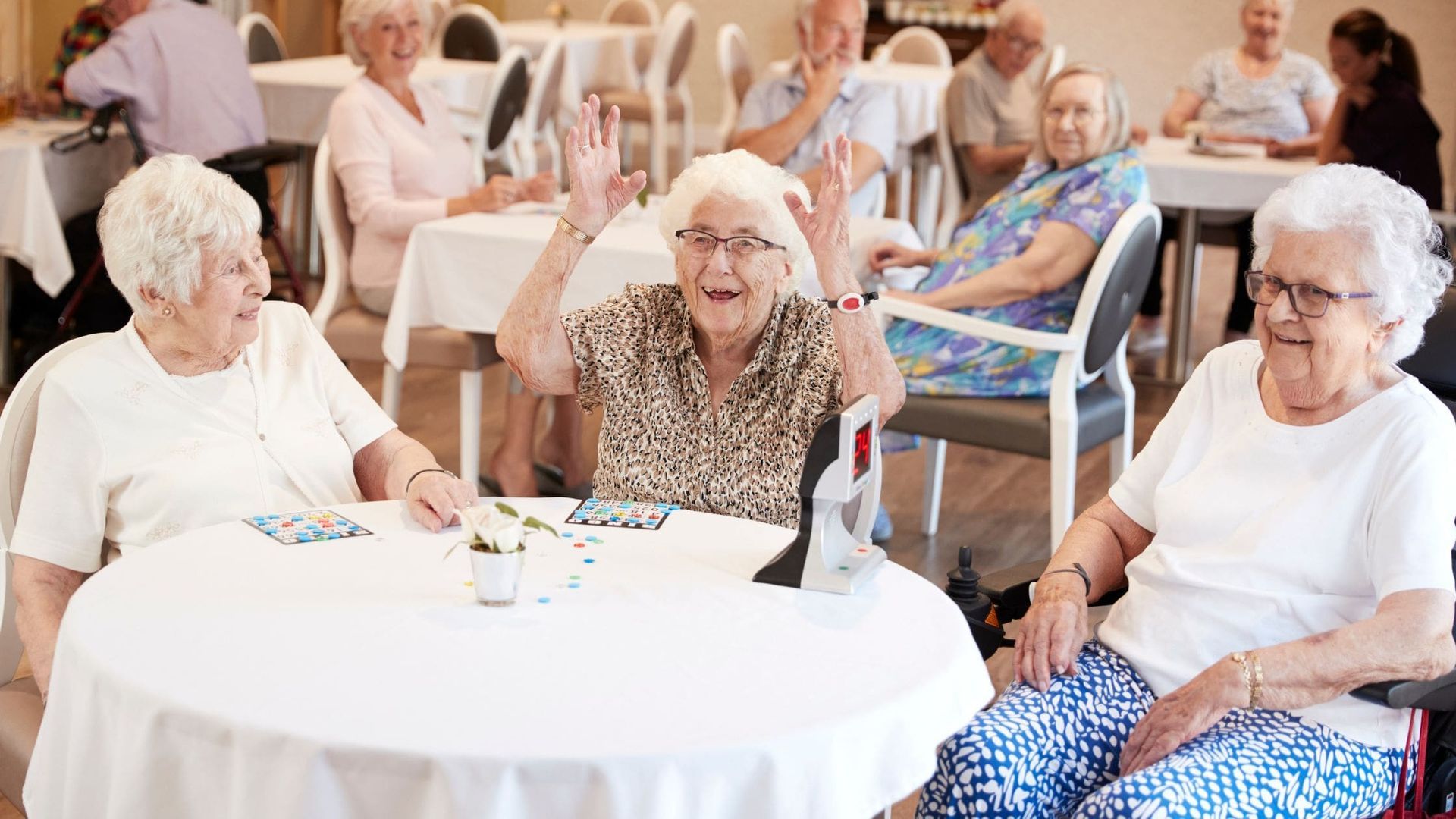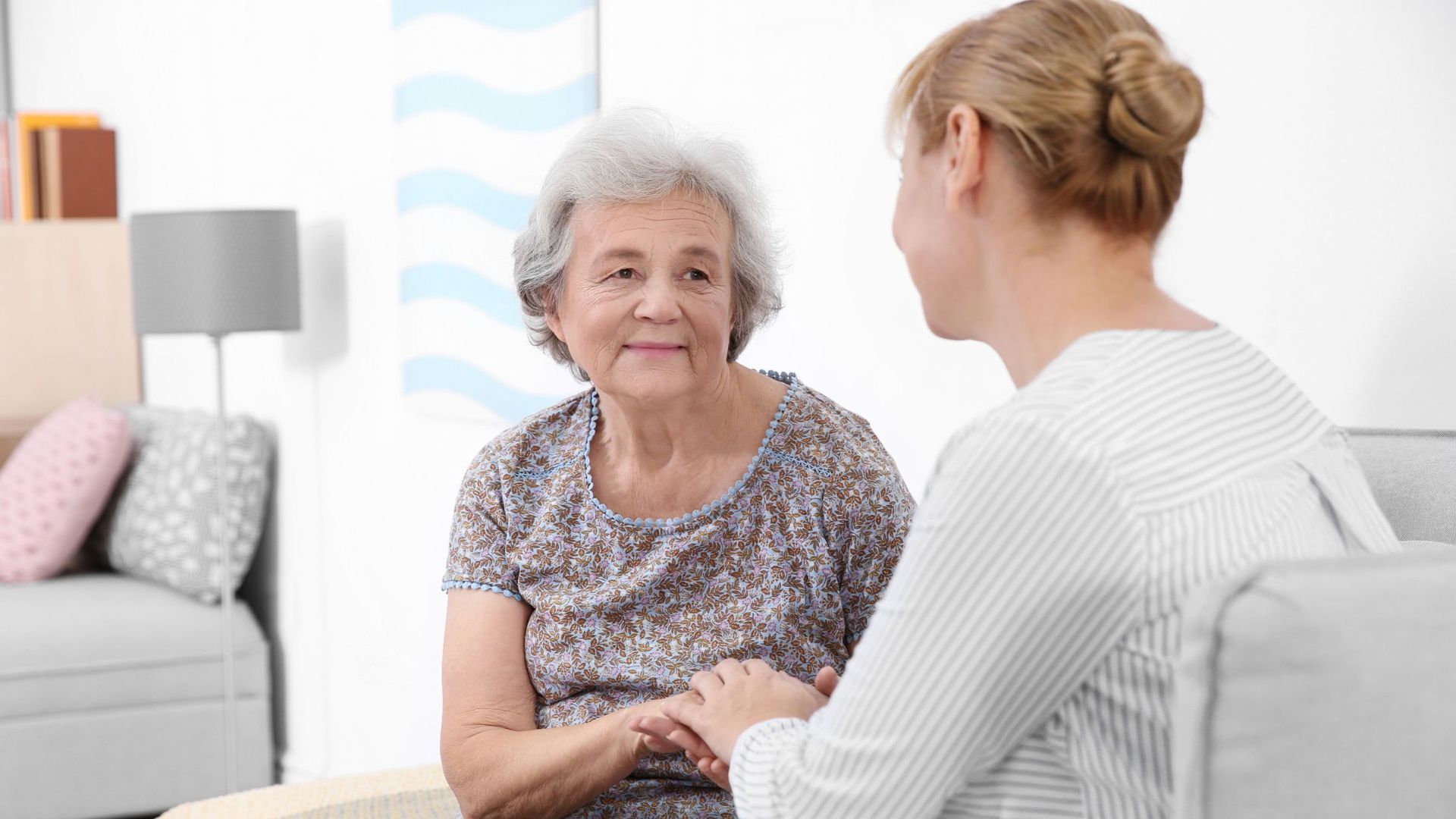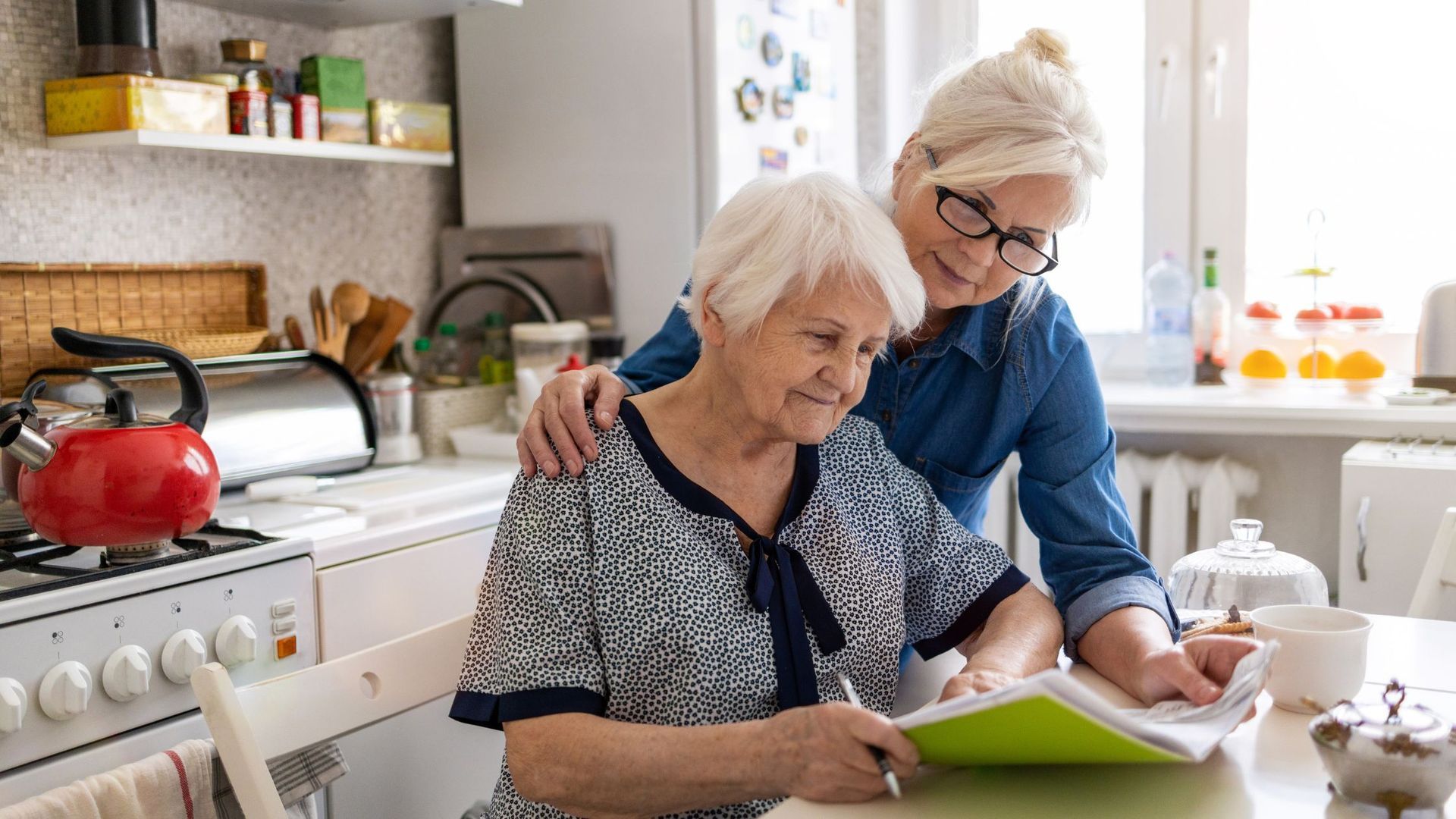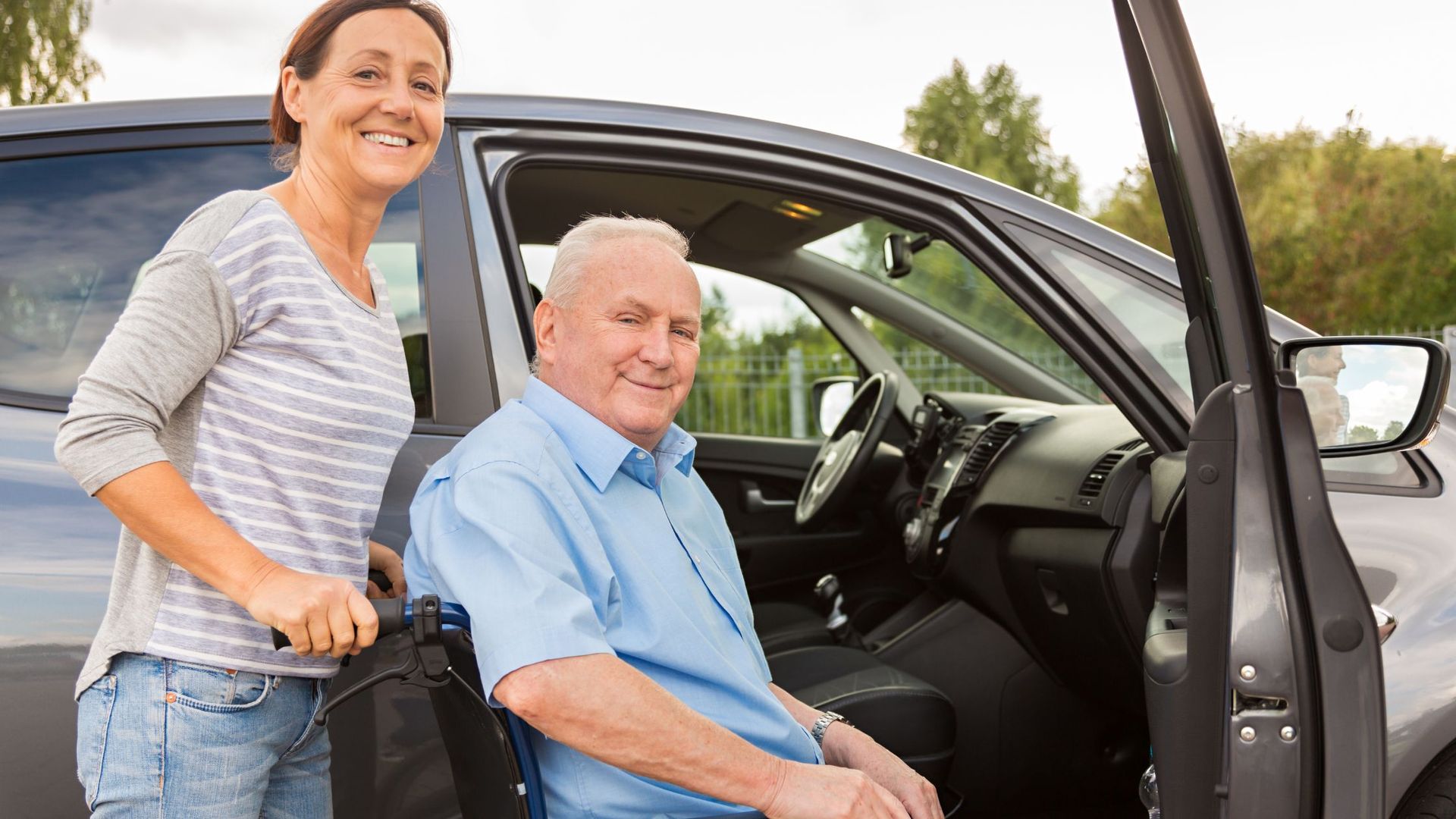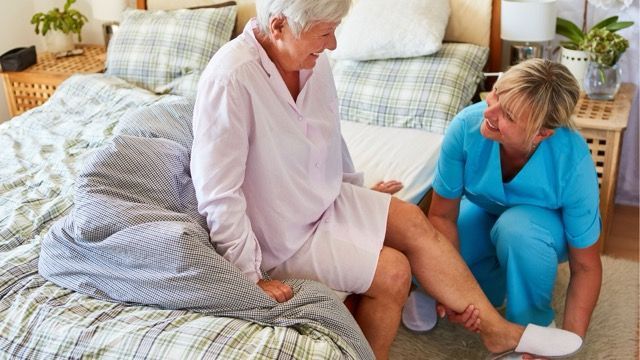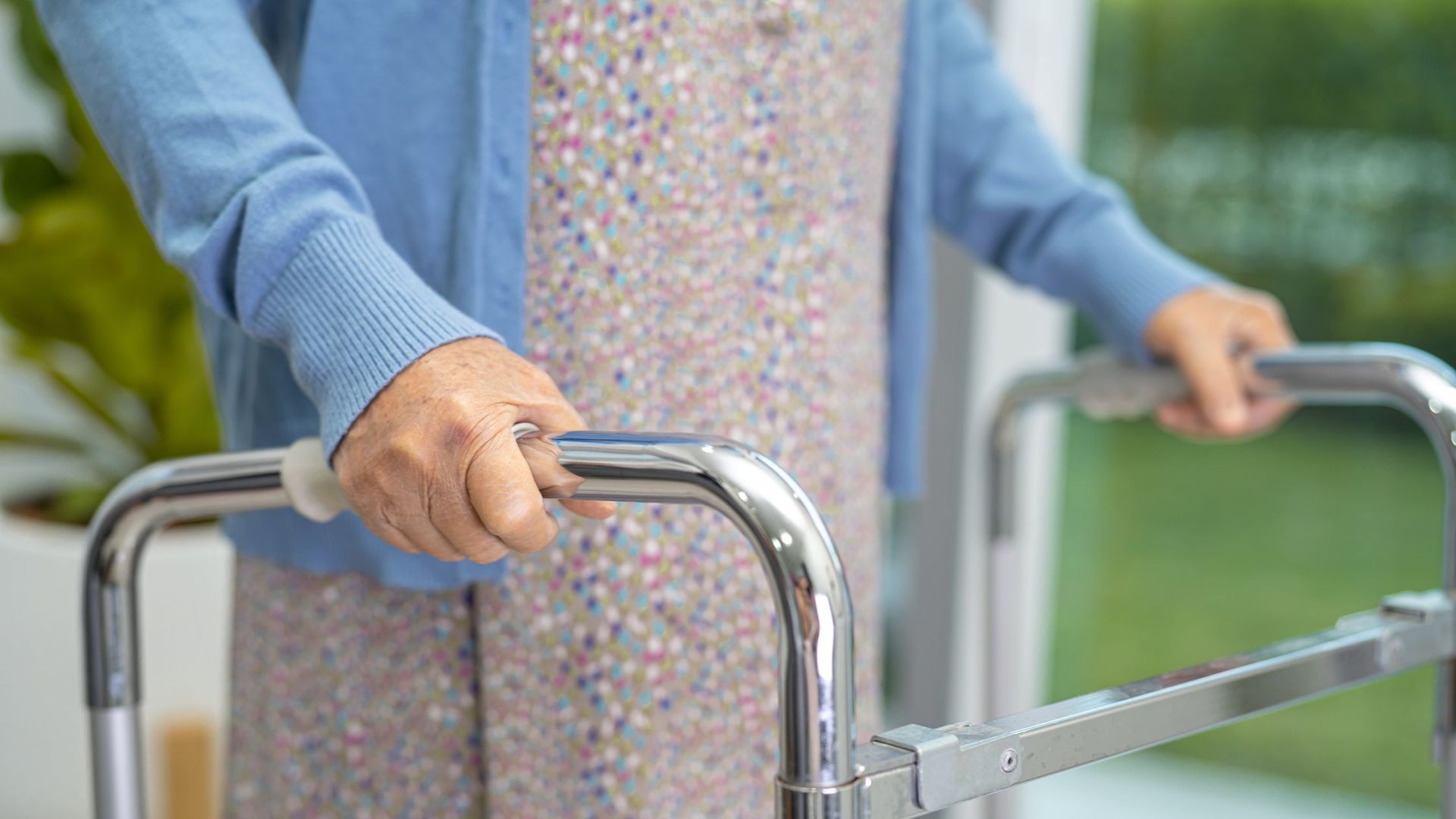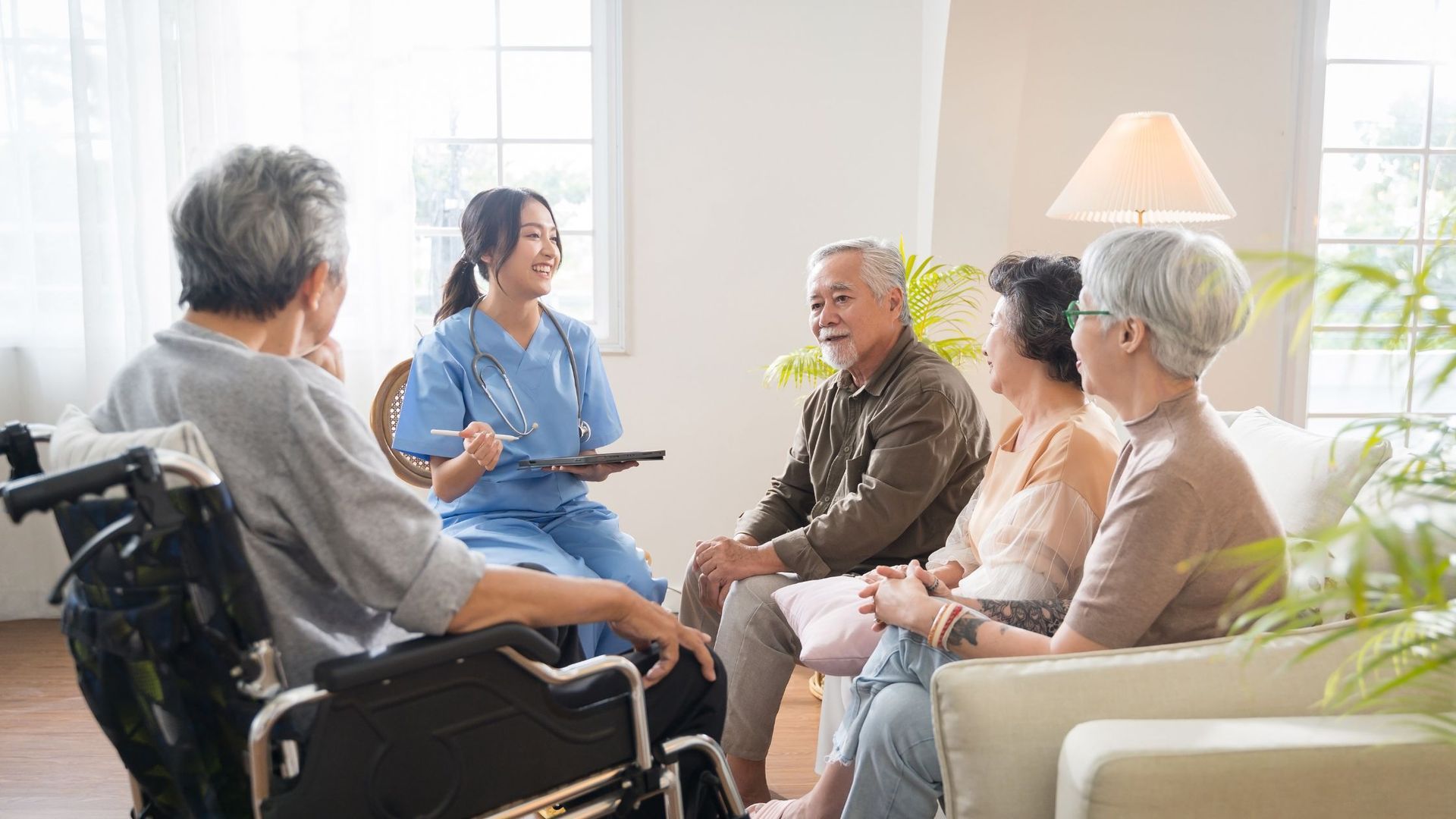Importance of Exercise for In-Home Health Care
Importance of Exercise for In-Home Health Care
It’s no surprise that exercise is essential as we age—just as it is when we’re young! In fact, it's so critical in later stages of life that we consider it one of the 5 Quality of Life Foundations for optimizing in-home health care. Encouraging your loved ones to stay active can help them remain safer, healthier, and more vibrant. But, before starting any fitness program, always consult a doctor to ensure they’re medically fit for exercise.
Here’s why staying active matters so much for aging individuals and how it can greatly improve their quality of life:
Good Balance Prevents Falls
As we become less active, not only do we lose strength in our large muscles, but the small muscles in our feet and ankles also weaken. These muscles are crucial for maintaining balance and stability.
Poor balance is a leading cause of falls, which can lead to hospitalizations. Unfortunately, a hospital stay often results in rapid physical decline for aging individuals. That’s why keeping your loved ones strong and active at home is essential!
If they are still mobile, encourage movement as much as possible, starting small and gradually increasing activity as strength improves. Here are some great exercises to help with balance and mobility:
Walking: Walking is a wonderful form of exercise.It works the lower body, engages the core, and helps improve balance.
Chair Sits: Repeatedly sitting down and standing up strengthens the legs and improves stability.
Leg Extensions: Performed from a seated position, leg extensions work the thighs, helping prevent muscle atrophy.
Calf Raises: These build strength in the lower legs and feet, improving balance (we recommend holding on to a chair, wall, or have a helper for support).
Ankle Circles: Performed while seated, ankle circles strengthen the lower leg muscles and improve joint flexibility.
Get the Blood Moving
Even mild exercise that raises the heart rate can have significant benefits. Consider these incredible effects of increased circulation:
Stronger Heart: A healthy heart reduces the risk of heart disease and stroke while providing more energy for daily activities.
Healthier Brain: Improved blood flow delivers oxygen to the brain, enhancing cognitive function.
Happy Joints & Muscles: Good circulation nourishes joints and muscles, reducing stiffness and preventing falls.
Immune Boost: Increased blood flow helps white blood cells reach areas where they’re needed, promoting faster healing and fighting off infections.
The Power of Routine
Sticking to an exercise routine is essential for staying motivated. If you’ve ever fallen out of a routine, you know how hard it can be to get back on track!
As we age, loss of routine can lead to a lack of interest, decreased physical activity, and even depression. A regular exercise schedule doesn’t just keep loved ones physically healthy—it boosts their motivation to stay engaged with family and friends. In fact, Social Activity is another of our Quality of Life Foundations!
With a doctor’s approval, try incorporating a consistent exercise routine with the lower body exercises mentioned above. For those with limited mobility, upper body and seated exercises can still provide valuable heart-healthy benefits.
Exercise: More Than Physical Health
Exercise is about more than just physical health. It impacts emotional and social well-being. If you need help designing an exercise plan for a loved one receiving at-home care, we’re here to help! We can create customized solutions to meet your loved one’s unique physical needs, ensuring the best possible outcome.
When your loved ones feel physically good, they’re more likely to engage in all aspects of life—allowing for more quality time with you and enhancing their overall happiness and well-being!
If you want to learn more about developing a quality of life plan for your loved ones requiring home health care, please contact Irene with No Place Like Home Senior Services at 919-762-0035.

